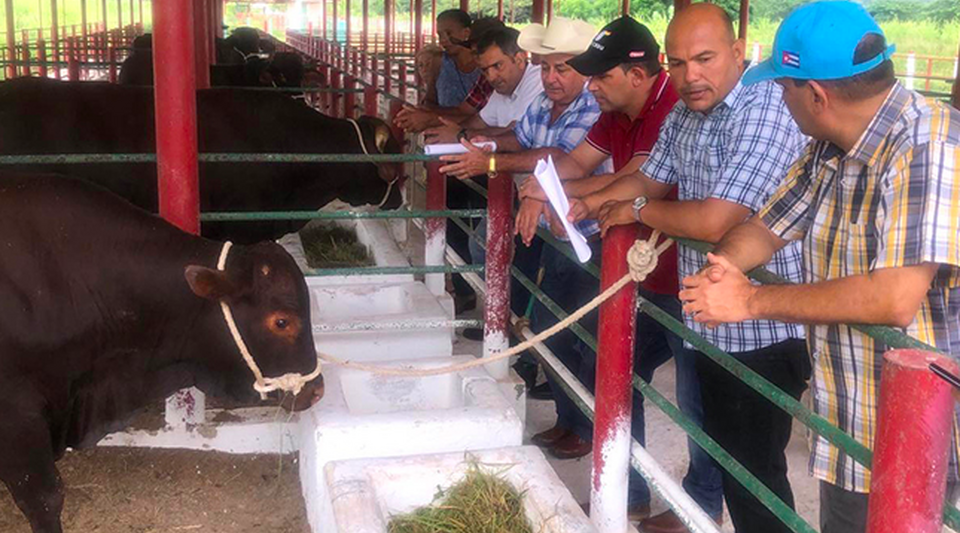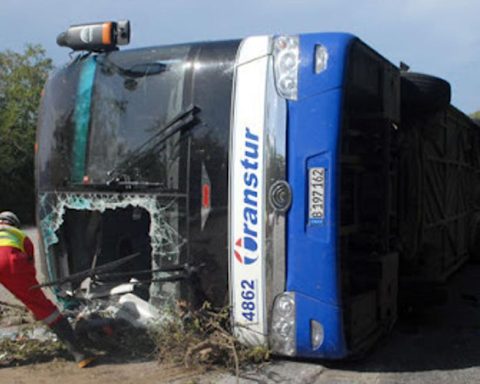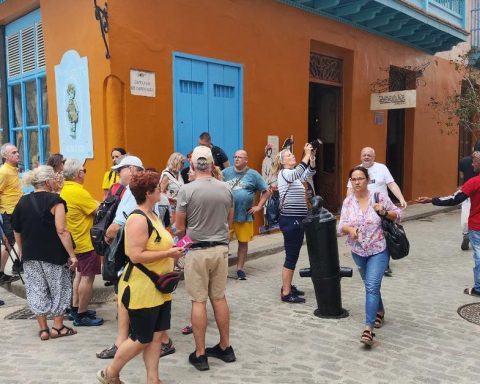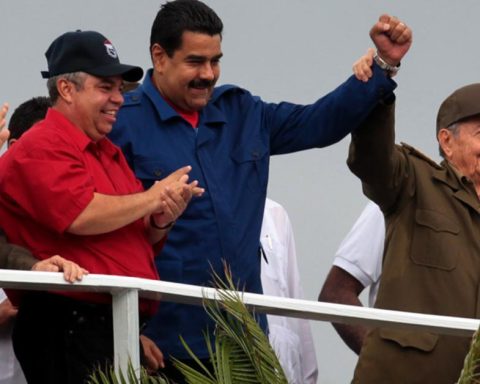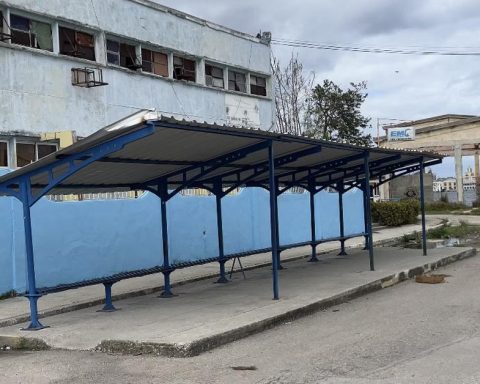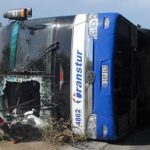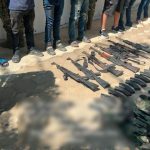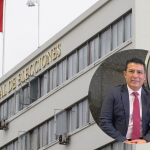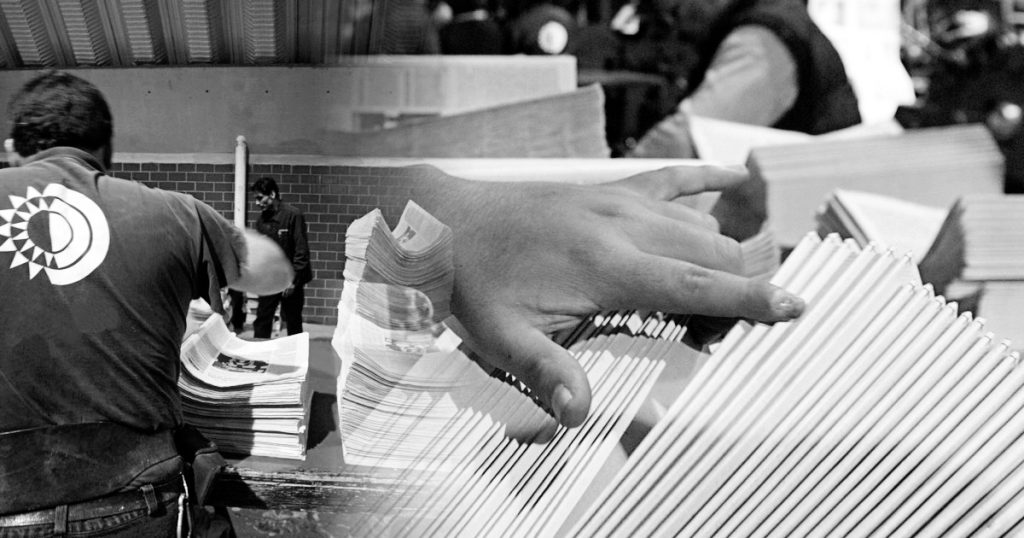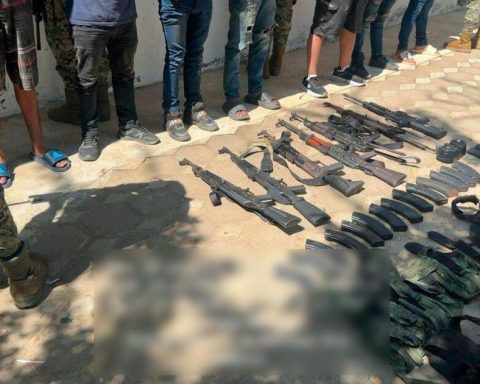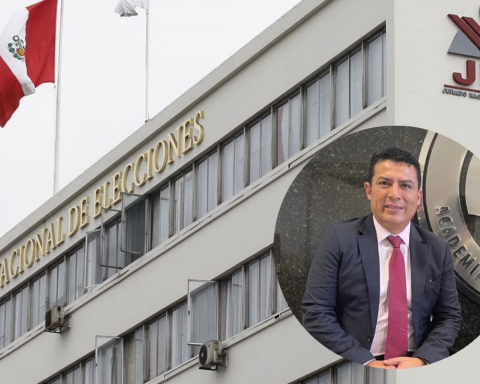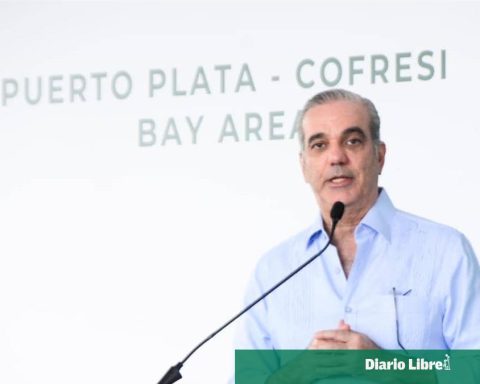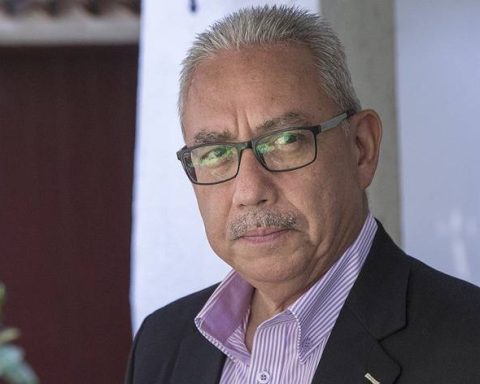The coveted Santa Gertrudis cows, whose meat is enjoyed by tourists who stay at the hotels in Ciego de Ávila, do not stop. Twenty years ago, 85% of cattle had offspring, but in 2021 only 57% did and in 2022, just 43%, according to Daniel Rodríguez López, technical and development director at the Turiguanó Genetic Livestock Company.
The local press dedicated a report two weeks ago praising the good performance of this company, which supplies tourism with its 132 types of meat cuts, but saved some of the company’s black spots for a week later.
In the 90s, indicates a note from this weekend of the provincial newspaper Invasive, the herd exceeded 12,000 heads, the largest in Cuba. Currently, they barely exceed 4,000 and, nevertheless, they still lead the island’s production, which says a lot about the evolution of the sector in general in two decades.
The collapse in the last two years also has another name: nitrogen. The gas is used to keep the bull’s semen frozen at -190 degrees, essential to preserve fertility. The pandemic limited its acquisition, although the company was waiting for it until, finally, they made the decision to bring a stallion from Santiago de Cuba to ride the cows. Too late: “In the end the birth indicators fell,” explains Rodríguez.
Although Leonardo Pérez Rodríguez, Deputy Delegate of Livestock at the Provincial Delegation of Agriculture, explained that the company can house up to 8,000 heads, that the feedlot has capacity for 2,500 bulls and that they must comply with the 2030 development plan, the directors of Turiguanó return to reality to the hierarchs.
The rain, say its managers, makes Turiguanó become “an island within another island, bordered by swamps, sea and lagoons”
“Certainly the feedlot, which has a capacity of 1,920, could reach 2,500, but such a figure is not sustainable without food. That’s why we only have 300 and they don’t even do the full cycle, they are there as a springboard, on the way to the slaughterhouse,” clarify.
The note addresses other problems arising from grass. The rain, its directors say, makes Turiguanó become “an island within another island, bordered by swamps, sea and lagoons” where the cows feed happily. However, it is a double-edged sword, as they wash away the marabou from the mountains and their seeds end up in the paddocks, where the skewers also grow wildly.
The Santa Gertrudis cannot eat the 638 hectares before the drought arrives, and here comes the umpteenth inconvenience: there is no machinery, there are no supplies, there is no fuel, that is, there is no way to stock up.
The note insists that the situation is that of the fish that bites its tail. If the field is exploited but the food cannot be stored, the cows cannot be fed and therefore they will not give meat, a product that is also sold to collect foreign currency and to be able to acquire the resources that are not there. “Forage is not possible without forage machines or water without an investment that dates back five years and has not yet managed to make it work. The approved money is there and the resources are not,” says the manager.
According to the text, this extends to many other things. “Conciliated imports, paper contracts and demanded parts face bureaucracy, intermediaries and debts. In the end, the injections to Turiguanó have not gone as they should, even with the money in hand; that is, in the hands of the importers “, he points out.
“Conciliated imports, paper contracts and demanded parts face bureaucracy, intermediaries and debts”
The company has spent three months importing a generator and more than six months bringing in two refrigerated trucks. The same happens with belts, mills and essential pieces to process the 40 cattle a day that the slaughterhouse could produce. According to the data provided in the previous report, half are currently leaving, about 20 each day.
Invasive remember that, at least in some respects, the situation has slightly improved. A few years ago, he points out, renting a refrigerated truck cost 500 CUC a day, which made the product so expensive that it was more beneficial for hotels to bring the meat from Camagüey than from Turiguanó itself, at the gates of Hicacos.
The authorities have urged, therefore, to buy on-line whatever they need, making use of one of the famous measures to stimulate agricultural production. “The best option is that you do it yourselves, and for this the Livestock Business Group can accompany you in the preparation of a file that requests an import license from the Ministry of Foreign Trade,” urged the group’s president, Yoan Sarduy Alonso.
The director invited them not to settle for the current results of the company. The Genetic Company of Turiguanó has achieved this year 1,330,000 pesos in profits and sales reach 614,000 in freely convertible currency, a feat in these times. But that “does not prevent them from aspiring to another context,” says the note. Meanwhile, beef continues to be the great absentee from the Cuban table.
________________________
Collaborate with our work:
The team of 14ymedio is committed to doing serious journalism that reflects the reality of deep Cuba. Thank you for joining us on this long road. We invite you to continue supporting us, but this time becoming a member of our newspaper. Together we can continue transforming journalism in Cuba.
